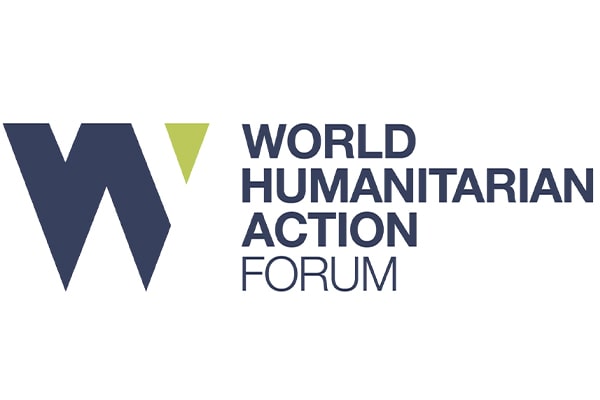Project overview
Making aid work for displaced women: Integrating Islamic philanthropy and the international humanitarian system
‘Making aid work for displaced women’ is an interdisciplinary research initiative which explores how Islamic philanthropy can be leveraged to improve humanitarian work and achieve more effective outcomes for women.
Connecting humanitarian, migration and religious systems, it seeks to develop innovative conceptual and financing solutions to support displaced women through integrating different aid paradigms.
Alarmingly, the number of forcibly displaced people continues to increase yearly with many displacement emergencies becoming protracted. Resources, capacity, political will, and governance models to protect displaced people have fallen woefully short of needs in often feminised displacement emergencies.
There is a massive need for a more inclusive humanitarian policy to address the complex and intersecting needs of displaced women and children. It is estimated that over half of the world’s forcibly displaced people are hosted in Muslim-majority countries, yet the principles of Islamic philanthropy, such as zakat (obligatory charity), sadaqah (voluntary charity) and waqf (endowment) have received little attention in terms of their potential to support forcibly displaced women, lacking integration into policy and humanitarian discourse.
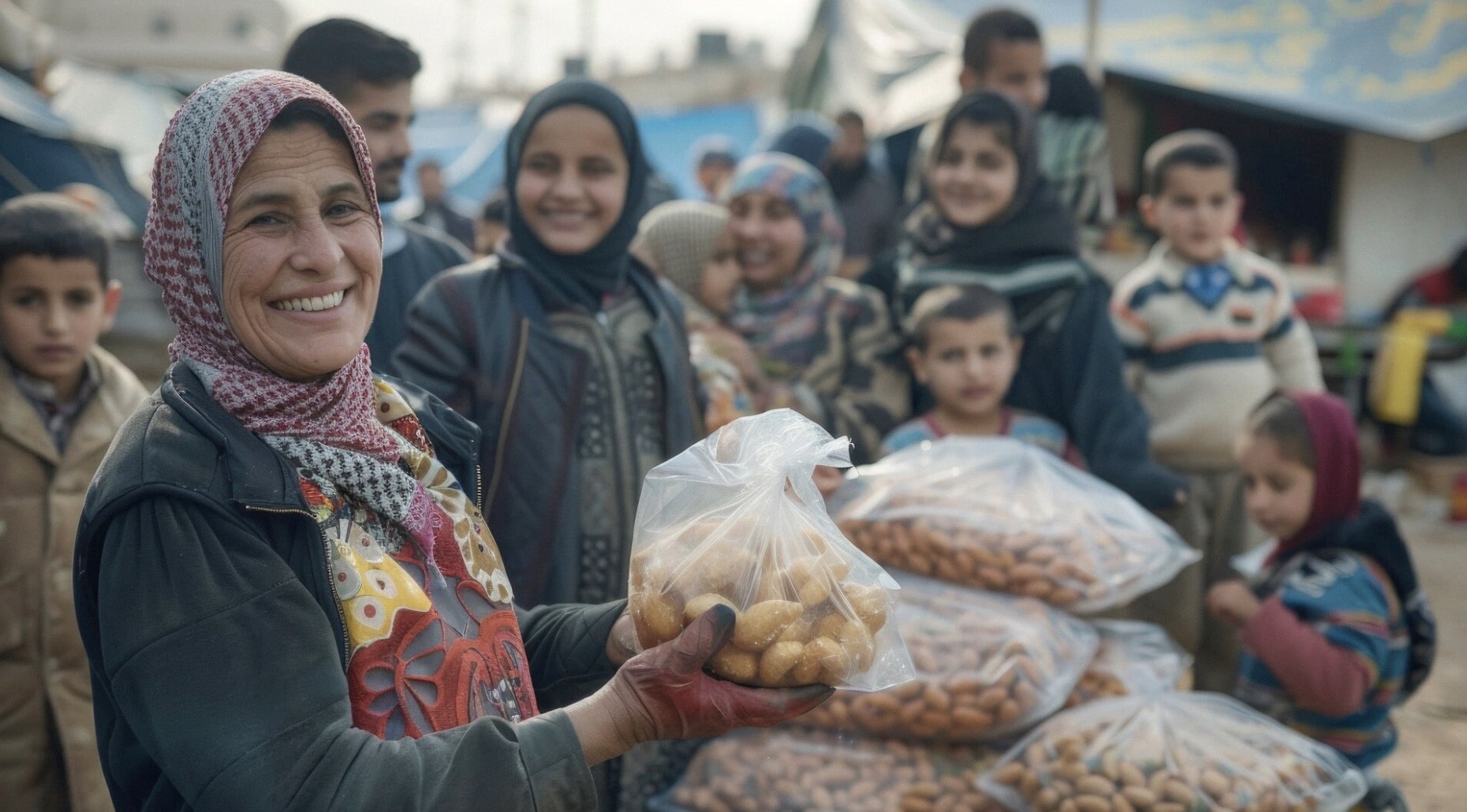
Although religion is often avoided in the humanitarian system, humanitarian agencies increasingly turn to Islamic philanthropy tools to bridge funding gaps and address critical needs. Therefore, the growing role of Islamic philanthropy in humanitarian action requires investigation, especially in relation to how it can be leveraged to support displaced women to unleash effective solutions.
The project builds on Dr Sandra Pertek’s research, policy and practical experience to date at the intersection of gender, religion and forced migration. While evidence shows religion matters for displaced women as a protective and risk factor and engaging religious resources is essential for improving outcomes for displaced populations, little is known about how Islamic philanthropy can support the complex and intersecting needs of displaced women.
Therefore, the ‘Making aid work for displaced women’ initiative critically analyses various aid paradigms and works towards integrating different approaches to enhance their coordination and effectiveness in the context of global forced displacement. Specifically, it investigates how the (dis)connections between the international humanitarian system and Islamic philanthropy actors shape humanitarian commitments and responses to women in conflict and forced migration. In doing so, the project seeks to negotiate gender-sensitive Islamic philanthropy models, linking these with the ethics of women’s protection within the humanitarian system.
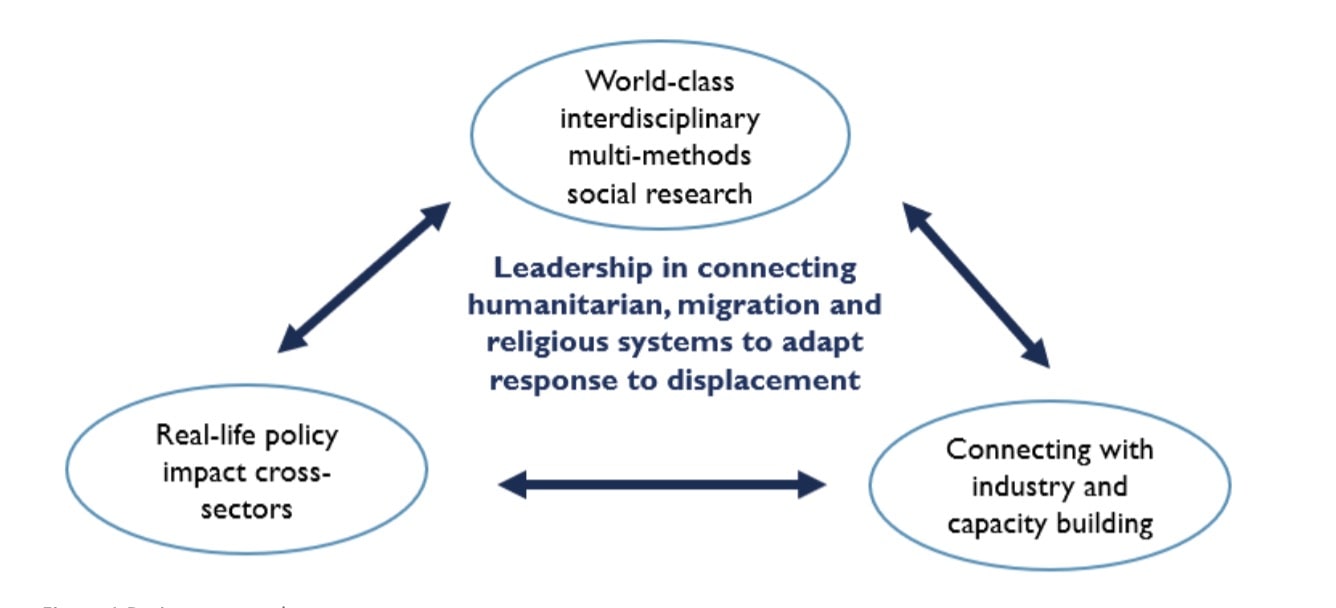
Methodology
‘Making aid work for displaced women’ is a multi-methods and multi-country research initiative with a strong policy and capacity- building component to help strengthen responses to women in displacement in Muslim-majority contexts. The initiative involves a global analysis and case studies in some of the largest Muslim-majority and minority refugee-hosting countries, focusing on some of the most protracted displacement crises, including Bangladesh, Kenya, Türkiye, and the UK, where Islamic philanthropy operates transnationally.
Using an intersectional feminist and social constructivist framework, the research deploys a transformative multi-methods design with participatory approaches and tools which provide benefits to participants and harness local knowledge. Community engagement and voices are at the heart of the project, ensuring research practices are empowering and not extractive by sharing ‘power’ and ownership in knowledge production.
Community-based researchers are trained in participatory and co-production research methods, including interviews, focus group discussions and workshops, to engage communities. They are also involved in data analysis and interpretation and publications. To ensure epistemic justice and decolonial knowledge production ethics, data collection methods and tools will be consulted with local communities, and then piloted in the first country case study before full roll-out.
Project objectives
‘Making aid work for displaced women’ aims:
- To develop a better understanding of key Islamic philanthropy principles and ethics related to displaced women’s protection and inclusion
- To examine the (dis)connections between Islamic philanthropy actors and the international humanitarian system
- To generate evidence on what works in Islamic philanthropy to strengthen displaced women’s protection and inclusion
- To facilitate multi-stakeholder knowledge exchange and policy engagement
Work packages
The project consists of three work packages, as outlined in Figure 2.
1. ‘Investigating (dis)connections between Islamic philanthropy and the international humanitarian system, and faith ethics’ includes literature review, stakeholder mapping, gender policy analysis and Islamic ethics analysis
2. ‘Understanding the lived experiences of displaced women receiving humanitarian assistance’ includes in-depth interviews and focus group discussions with forced migrant communities, semi-structured key-informant interviews with humanitarian policymakers and practitioners, and a global consultative workshop for interim feedback.
3. ‘Policy impact and innovation: Integrating Islamic philanthropy and international humanitarian system’ includes policy dialogues and workshops, a guidance note, “Making Islamic philanthropy work for displaced women”, and pilot training.
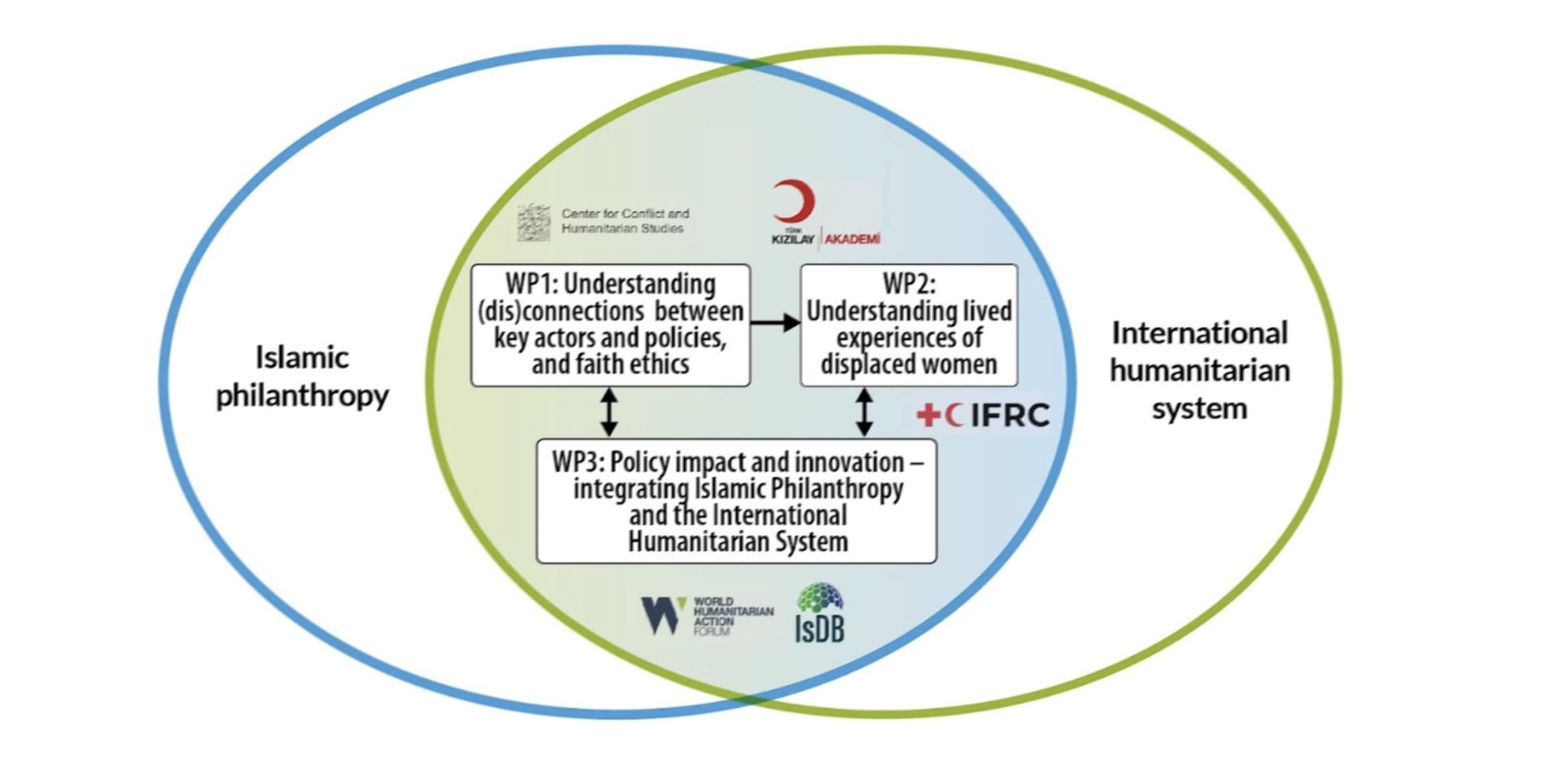
Research questions in the work packages (WPs) inform each other and enable different theoretical advancements in the areas of gender and humanitarianism, philanthropy, sociology of religion, forced migration, international development, international relations (global aid politics, actors, and cooperation) and decolonial and intersectional feminist theories (Figure 3). Speaking to various audiences and disciplines, the project seeks to reinforce policy impact. Knowledge claims are drawn on country-based cases and cross-country case study interpretation, validation and adaptation with local communities and stakeholders who participate in research dissemination.
Research questions related to WP1:
RQ1: In what ways Islamic philanthropy (IsP) principles interact with the IHS in relation to displaced women’s protection?
RQ2: In what ways the key international humanitarian actors approach IsP and Muslim-majority state responses to displaced women’s protection and inclusion?
RQ3: What do Islamic legal perspectives say about Islamic philanthropy models and women’s rights ethics that could be leveraged to promote displaced women’s protection and inclusion?
Research questions related to WP2:
RQ4: How do displaced women and their families experience, mobilise and negotiate Islamic philanthropic responses and partnerships within the IHS?
RQ5: How do secular humanitarian actors perceive and respond to the impacts of, and their engagement, with IsP actors in relation to displaced women?
RQ6: How do IsP actors perceive and implement their role in supporting displaced women?
Project Funder
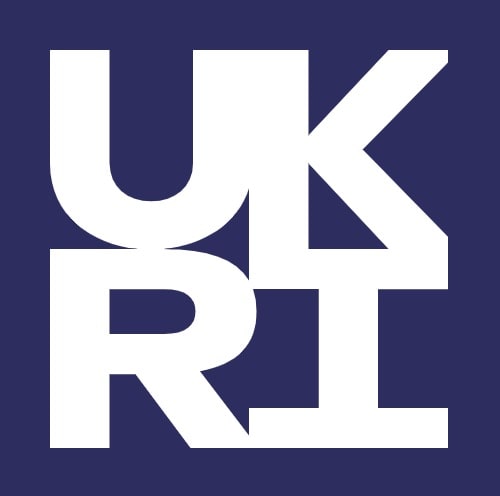
Project Team
Learn about the diverse team of researchers and collaborators advancing inclusive humanitarian solutions for displaced women.
Team
Institute for Research into International Migration and Superdiversity (IRiS)
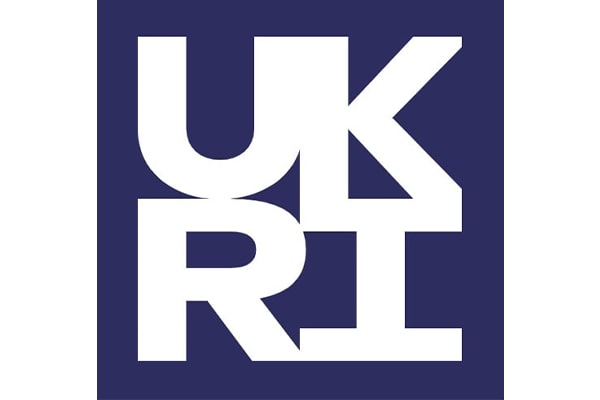
The UKRI Future Leaders Fellowship
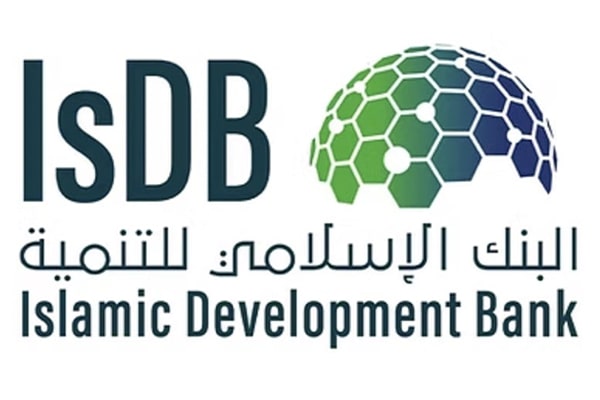
Islamic Development Bank (IsDB, Jeddah)
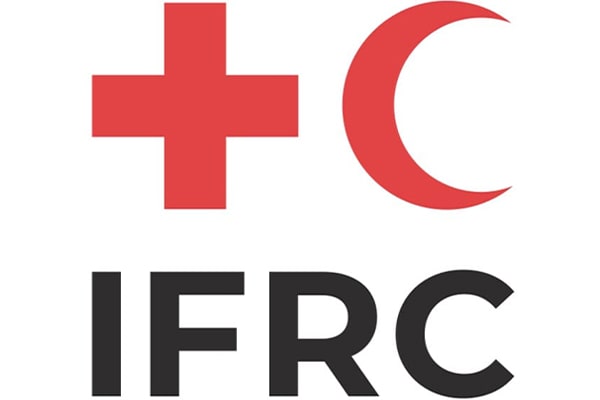
International Federation of Red Cross and Red Crescent (IFRC, Geneva)

Center for Conflict and Humanitarian Studies (CHS, Doha)
